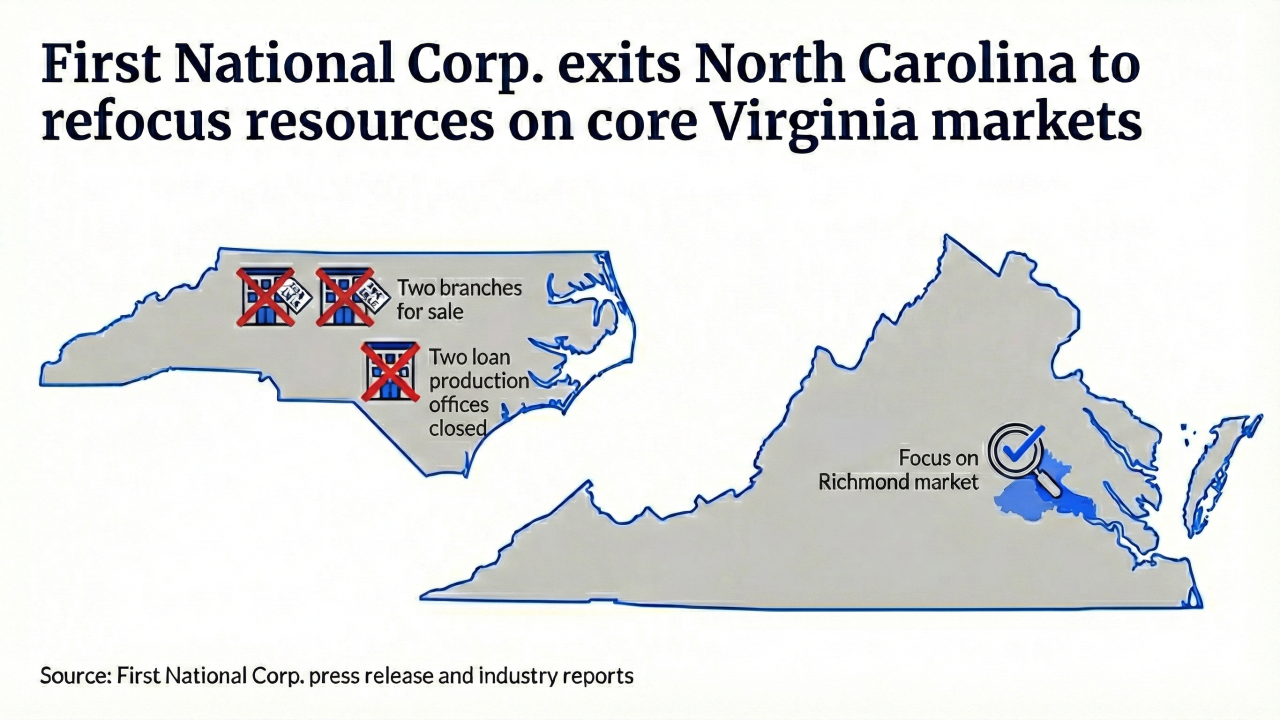-
The Federal Housing Administration announced plans Friday to expand a program that encourages the sale of distressed mortgages to new investors.
June 8 -
MasterCard Inc. said Friday that it has completed its purchase of the back-office prepaid card operations of Travelex Holdings Ltd. of London.
April 15 -
Banks will finally start to sell more distressed loans this year, and buyers will have to be careful not to overbid, PennyMac CEO Stanford Kurland says.
February 14 -
The city of Richmond, Calif., wants to team up with another municipality to implement its plan to use eminent domain to seize underwater mortgages. There have been no takers to date. The likely reasons are the FHFA and the continuing threat of litigation.
June 16
While the worst of the foreclosure crisis is over,
Many of those troubled homeowners have Federal Housing Administration-insured mortgages, but the FHA's servicers have not been able to provide all of those homeowners with assistance. In response to this glut of delinquent mortgages, the FHA in 2012 began
Government-sponsored entities Fannie Mae and Freddie Mac are now following the FHA's lead. This past summer, Freddie Mac
Moving these distressed mortgages out of the foreclosure pipeline can save the FHA and the GSEs money, helping to improve their financial health and protect taxpayers. These programs may also be able to give families another shot at staying in their homes or at least avoiding foreclosure but only if the program effectively requires the buyers to offer borrowers these options.
The FHA's program sells some loan pools with almost no strings attached, while others are sold through a special "neighborhood stabilization" channel that requires the buyers to take steps to help families and neighborhoods. Recently, the FHA
Loans that were sold in pools without requirements and later resolved had a markedly different outcome. Less than 9% of those families remained in their homes, and 21% avoided foreclosure.
As the FHA moves forward with more auctions and as the GSEs consider expanding their sales of distressed loans, the following recommendations can help better protect families and neighborhoods while still helping the agencies save taxpayer dollars.
First, the data demonstrate that imposing even relatively modest and flexible requirements on auctioned loan pools can lead to much better outcomes for households and neighborhoods. Government entities should require all buyers to work with existing homeowners to keep them in their homes if possible through a sustainable, permanent loan modification. This would be a win for the homeowner, the buyer and the neighborhood. When a loan modification is not possible, buyers should be required to pursue short sales or deeds in lieu of foreclosure before foreclosing on a property. Because neighborhood-based nonprofits often produce the best outcomes for families, government programs should also work to ensure that nonprofits are able to participate effectively in the bidding process.
Strengthening the requirements to help homeowners also makes sense for the long-term financial health of the FHA and the GSEs. Reducing the number of foreclosures in hard-hit neighborhoods will support neighborhood home prices. And since many neighbors in a given area are likely also to have FHA or GSE loans, this support helps limit future losses for FHA and the GSEs. It is also likely that such requirements will have less of an impact on how much companies are willing to pay for the loans than the agencies fear. Loans with requirements have sold for similar prices as those with no requirements; demand for all of these pools remains quite high.
Second, the FHA should ensure that mortgage servicers have fully complied with the agency's requirements for attempting to assist borrowers and that the home is still occupied before placing a loan into distressed mortgage sale programs. Reports from buyers and from consumer representatives indicate that some loans are moving into the program before servicers have completed their work with homeowners, and that many homes are vacant when the buyer takes possession of them. The government should prevent servicers from using the program to evade their contractual responsibilities.
Finally, agencies should collect and share more detailed performance data about the programs so the public can fully understand their effectiveness. The FHA took roughly two years to publish its first set of outcomes, and that information is very limited. Freddie Mac disclosed virtually no information about its recent pool sale in advance and has proposed no plan to make more information public. These agencies have an obligation to track in detail what happens to the loans after they are sold and to share this information with the taxpayers, neighborhoods and local governments.
Distressed mortgage sale programs, if designed responsibly, can limit the damage of the foreclosure crisis by helping homeowners to access foreclosure alternatives, supporting neighborhood home prices, and limiting losses to taxpayers. However, if loans are simply passed off to the highest bidder without any built-in protections for homeowners and neighborhoods, we will have missed an extraordinary opportunity to support the housing recovery.
Sarah Edelman is a policy analyst on the housing finance and policy team at the Center for American Progress. Julia Gordon is the director of housing finance and policy at CAP.





